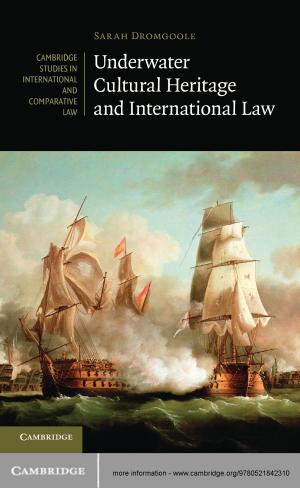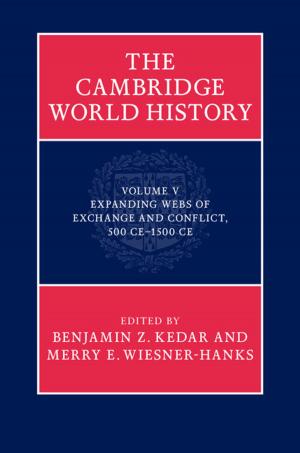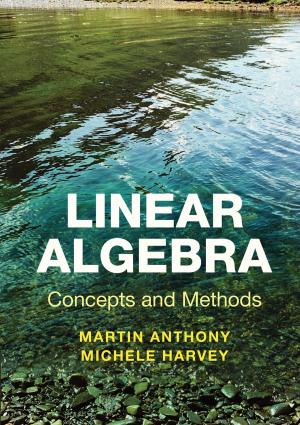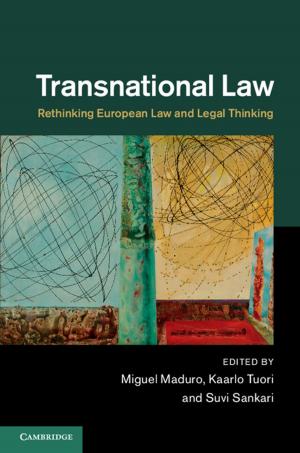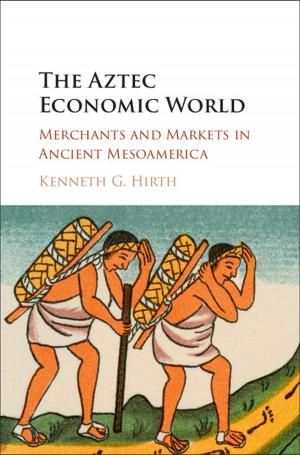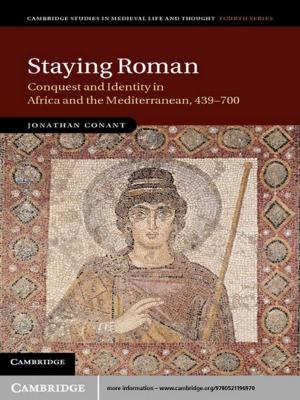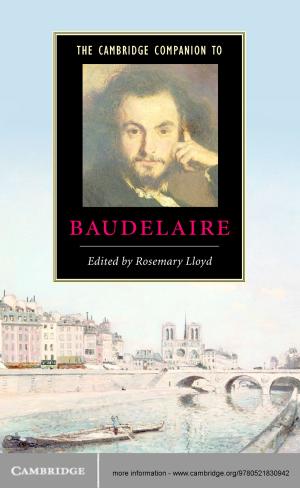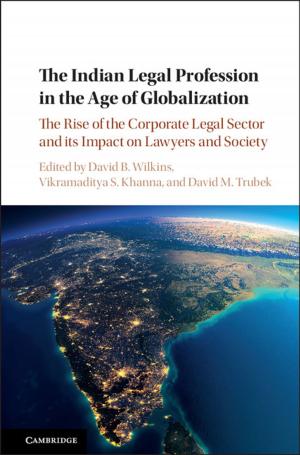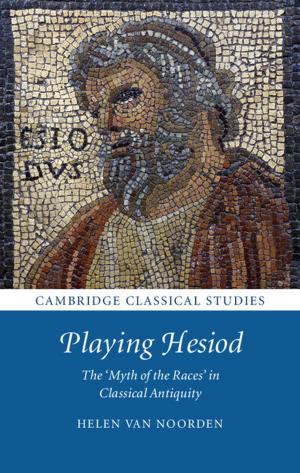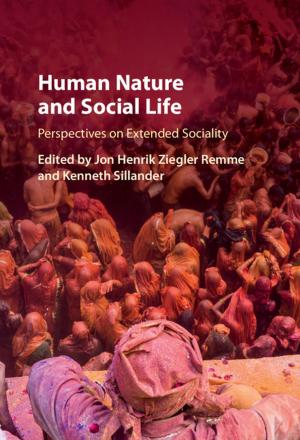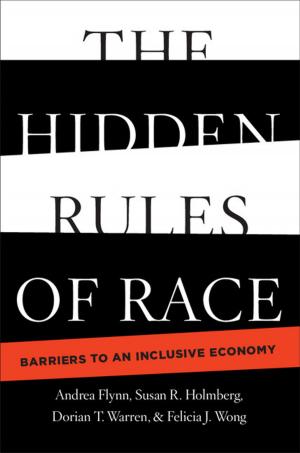| Author: | Dr Francesco Ademollo | ISBN: | 9781139179386 |
| Publisher: | Cambridge University Press | Publication: | February 3, 2011 |
| Imprint: | Cambridge University Press | Language: | English |
| Author: | Dr Francesco Ademollo |
| ISBN: | 9781139179386 |
| Publisher: | Cambridge University Press |
| Publication: | February 3, 2011 |
| Imprint: | Cambridge University Press |
| Language: | English |
The Cratylus, one of Plato's most difficult and intriguing dialogues, explores the relations between a name and the thing it names. The questions that arise lead the characters to face a number of major issues: truth and falsehood, relativism, etymology, the possibility of a perfect language, the relation between the investigation of names and that of reality, the Heraclitean flux theory and the Theory of Forms. This full-scale commentary on the Cratylus offers a definitive interpretation of the dialogue. It contains translations of the passages discussed and a line-by-line analysis which deals with textual matters and unravels Plato's dense and subtle arguments, reaching a novel interpretation of some of the dialogue's main themes as well as of many individual passages. The book is intended primarily for graduate students and scholars, in both philosophy and classics, but presupposes no previous acquaintance with the subject and is accessible to undergraduates.
The Cratylus, one of Plato's most difficult and intriguing dialogues, explores the relations between a name and the thing it names. The questions that arise lead the characters to face a number of major issues: truth and falsehood, relativism, etymology, the possibility of a perfect language, the relation between the investigation of names and that of reality, the Heraclitean flux theory and the Theory of Forms. This full-scale commentary on the Cratylus offers a definitive interpretation of the dialogue. It contains translations of the passages discussed and a line-by-line analysis which deals with textual matters and unravels Plato's dense and subtle arguments, reaching a novel interpretation of some of the dialogue's main themes as well as of many individual passages. The book is intended primarily for graduate students and scholars, in both philosophy and classics, but presupposes no previous acquaintance with the subject and is accessible to undergraduates.


